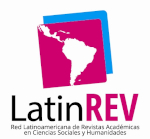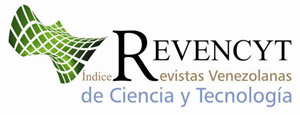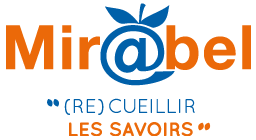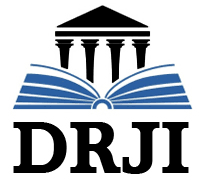Synergic management for citizen empowerment
Keywords:
management, synergistic management, citizen empowermentAbstract
This article gives an account of Synergistic Management, a management model that combines, under conditions of co-responsibility and complementarity, the management processes of local governments and organized communities, seen as viable systems. This model together with the Solidarity Networks of Community Participation became the final product of the research that took place in the twenty-one (21) municipalities of the Anzoátegui state (Venezuela) between 2010 and 2011. This research, methodologically supported by phenomenology Schutz's social system, with a cross-organizational approach, took advantage of Beer's Viable Systems Model (MSV) for the diagnosis of municipal governments and representative organized communities of the state. Different actors were consulted, some in positions of power, other officials from local governments, and most of them community leaders, or simple mourners of the management of local governments, triangulating the results obtained with sources of secondary origin. It is intended that from the application of this model a new governance is built, in accordance with the precepts contained in the New Public Management, so that the old socio-political matrix can be replaced by another that harmonizes the relations between the State and the organized civil society.
Downloads
References
Beer, S. (1972). Brain of the firm. John Wiley & Sons. Secund Edition. London.
Beer, S. (1973). Práctica cibernética en el gobierno. Proyecto Synco. http://www.cybersyn.cl/imagenes/documentos/textos/libro_stafford.pdf
Beer, S. (1977). Diseñando la libertad. (Traducción de Amparo Rodríguez). México: Fondo de Cultura Económica.
Beer, S. (1997). Fanfare for effective freedom. http://www.cybersyn.cl/imagenes/documentos/textos/libro_stafford.pdf
Centro Latinoamericano de Administración para el Desarrollo. (1998). Una nueva gestión pública para América Latina. Caracas, Venezuela: Centro. http://Es.Scrid.Com/Doc/18063067/Clad-1998-Nueva-Gestion-Publica-Al
Garretón, M. A. (1994). La faz sumergida del iceberg. Ensayos sobre la transformación cultural. Santiago de Chile: Centro de Estudios Sociales (CESOC).
Lanz, R. (2001). Organizaciones transcomplejas. Caracas: Imposmo/Conocit.
Lanz, R. (2005). El arte de pensar sin paradigmas. Educere, 9(30),421-425 https://www.redalyc.org/articulo.oa?id=35603021
Morín, E. (2000). Los siete saberes necesarios para la educación del futuro. Barcelona: Paidós.
Morín, E. (2003). El pensamiento complejo. Madrid: Gedisa.
Mota, B. (2011). Gerencia de los sistemas viables en la sinergia de los gobiernos locales y las comunidades organizadas del estado Anzoátegui, Tesis Doctoral no publicada. Venezuela.
Schutz, A. (2003). El problema de la realidad social. Argentina: Amorrortu.
Senge, P. (1994). La quinta disciplina. http://Www.Megaupload.Com/?D=Y8SST0QA.
Tapscott, D. (1997). La economía digital. (Traducción Magaly Bernal). Colombia: Mc Graw-Hill.
Published
How to Cite
Issue
Section
License

This work is licensed under a Creative Commons Attribution-NonCommercial-ShareAlike 4.0 International License.





















